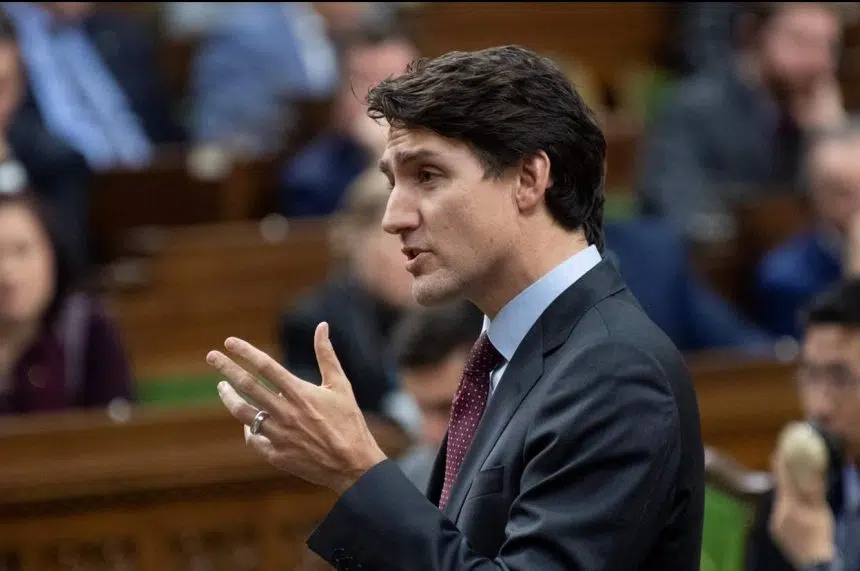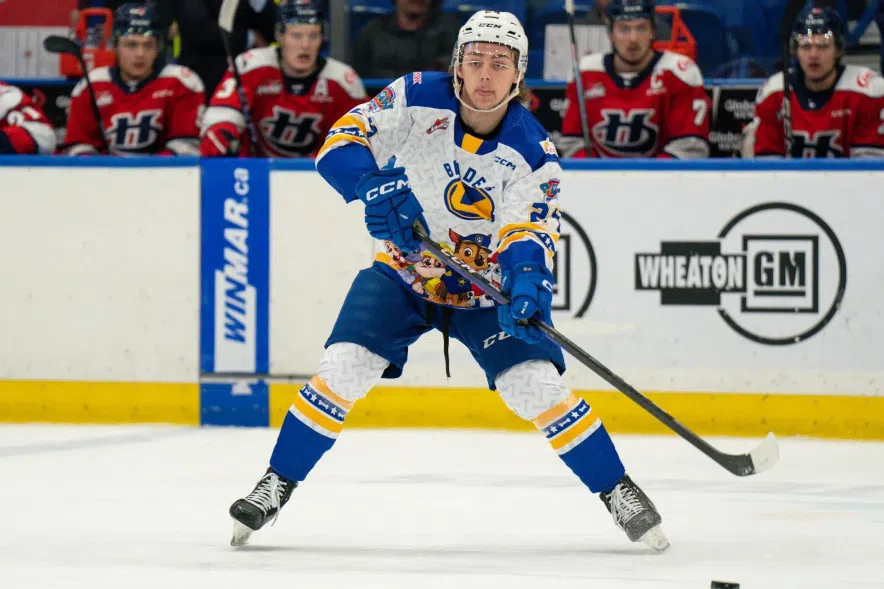OTTAWA — Accidents happen.
That’s something Bob Rae advises all federal political parties to keep in mind as they enter a new era of minority government.
The former interim Liberal leader knows a thing or two about minority governments. As a New Democrat MP, he moved the motion that brought down Joe Clark’s fleeting Conservative government in 1979.
As NDP leader in Ontario, he struck the 1985 deal that ended the Progressive Conservatives’ 42-year reign in that province and installed David Peterson’s Liberal minority government.
And, back in the federal arena as a Liberal MP during Stephen Harper’s second Conservative minority government from 2008 to 2011, he was involved in the Liberals’ unsuccessful attempt to form a coalition government with the NDP.
So, Rae speaks from experience when he expresses skepticism about the conventional wisdom that Justin Trudeau’s Liberals won a strong, stable minority in the Oct. 21 election — 13 seats shy of a majority — and should have little difficulty surviving, with the help of one or more opposition parties, for at least a couple of years.
“The one thing that can and has gone wrong (in past minority governments) is what I would call the unintended consequences of rhetoric or people assuming what other people know or assuming … ‘Well, if we do this, they will inevitably do that,’ ” he says in an interview.
“And you sort of say none of that is inevitable and you’ve got to be aware that things can go wrong.”
With the Conservatives about to embark on a leadership race after Andrew Scheer’s abrupt resignation, Rae is reasonably confident that the Liberal minority is in no danger of being brought down in the short term, at least not until the official Opposition chooses a new leader.
But even a leaderless Opposition is no guarantee of survival — as Clark discovered when the Liberals joined the NDP to defeat his government’s maiden budget despite the fact that Pierre Trudeau, the current prime minister’s late father, had stepped down as Grit leader. The Conservatives miscalculated the number of opposition MPs who’d show up, lost the confidence vote and plunged the country into an election they thought they could win because the Liberals were in disarray.
As it turned out, Pierre Trudeau was persuaded to rescind his resignation and led the Liberals to victory in early 1980.
The lessons from that episode are “learn arithmetic” and take nothing for granted, says Rae.
During the few days that Parliament has sat since the election, conventional wisdom about the stability of Justin Trudeau’s minority seemed justified.
Bloc Quebecois Leader Yves-Francois Blanchet cut through the usual posturing and suspense to immediately declare that his 31 MPs would support the throne speech. He was clear that he has little interest in triggering another election any time soon.
That freed NDP Leader Jagmeet Singh, whose cash-strapped party could ill afford a snap election, to take a harder line. He declared that his 23 MPs won’t “blindly support” initiatives that don’t meet New Democrat standards.
Still, both the NDP and the Bloc ultimately supported the supplementary estimates, the process for keeping the money flowing for government programs and operations — the Liberals’ first test of the confidence of the House of Commons.
But Rae cautions that one should not assume the Bloc will always be so compliant. And he warns that Singh should be careful about laying down conditions for NDP support lest he back himself into a rhetorical corner.
“If the Bloc thinks they can win a whole bunch more seats in Quebec, which is all they’re interested in … they might decide to change their mind,” he says.
“And sometimes when those things happen they can happen so quickly that other parties might not have time to react or their rhetoric has put them in a position that they can’t really back away without losing face.”
For Trudeau, Rae says the key will be to open trusted channels of communication with the opposition parties to anticipate what they might do and prevent surprises.
It will be equally critical, he says, to ensure open lines with ministers and Liberal backbenchers, to create an “early warning system” that will alert the government to any brewing internal problems before they erupt in public, like the SNC-Lavalin debacle.
Anything that erodes public support for the Liberals, he noted, will encourage opposition parties to bring them down.
That goes double if the country slides into a recession, compromising Liberal policy of running up deficits supported by a growing economy, and leaving the government with less room to honour its election commitments, much less the expensive add-ons opposition parties might demand in return for supporting the budget.
But even assuming the government manages to sail through confidence votes and avoid self-inflicted wounds and unpredictable crises, House of Commons committees will offer opposition parties another venue in which to create mayhem for the government.
It’s at committees, with opposition members outnumbering the Liberals, where they can set the agenda, force amendments to government bills and generally let loose without fear of triggering an election.
Trudeau got a taste of that in the opening few days of the new Parliament, when all opposition MPs backed a Conservative motion to create a special committee to examine Canada’s fraught relationship with China. The committee is to be empowered to repeatedly “order” Trudeau, ministers and the ambassador to China to appear as witnesses.
Conservative foreign-affairs critic Erin O’Toole has already signalled his party’s intention to use the committee to bolster its contention that Trudeau is an embarrassment on the world stage.
The trick for Trudeau in the coming months, says Rae, will be to keep his eye on the “big picture,” on what he wants to accomplish, to remain calm in the face of provocation and let opposition parties get “ensnared in negativity and scandal-mongering.”
Joan Bryden, The Canadian Press







